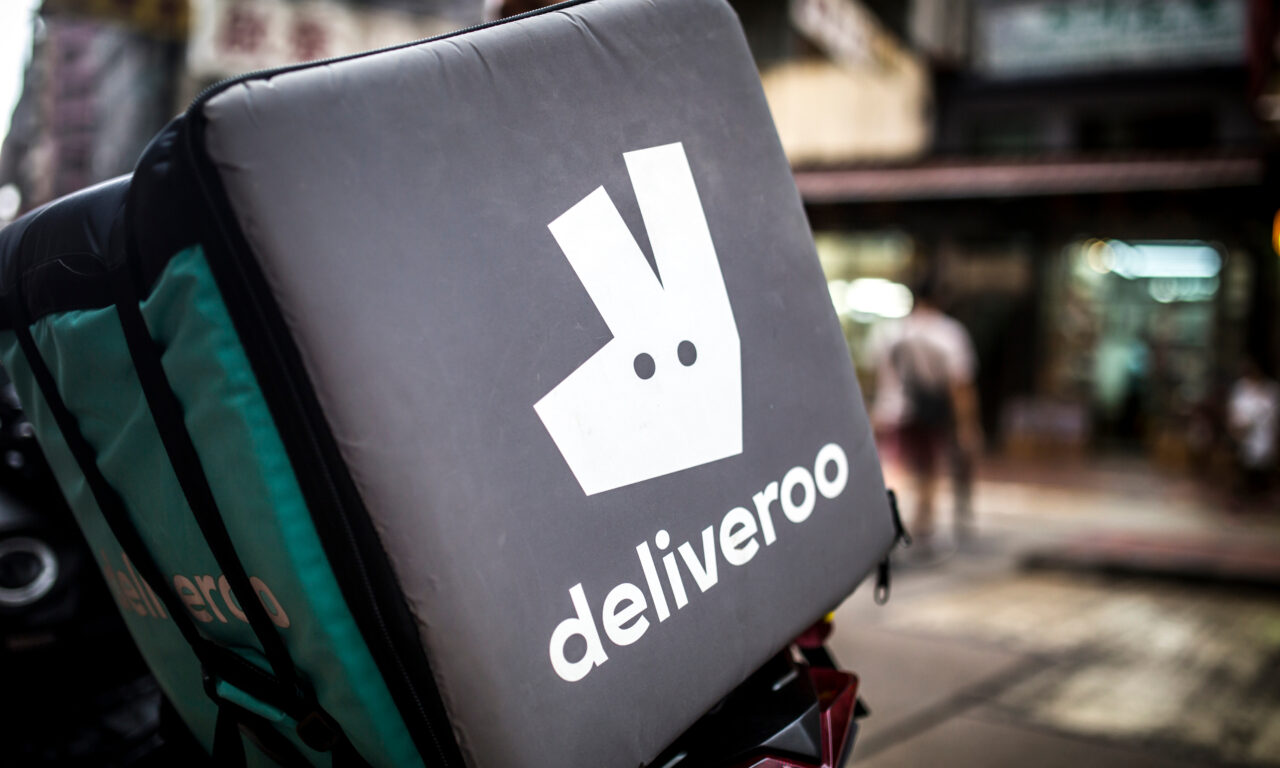Engaging local communities on a national scale

Hanging proudly on the wall of my local coffee shop is a signed and framed shirt from the mighty East Twickenham Under 10’s football team, adorned with the Deliveroo logo as their sponsor. The fast food delivery brand appears to be a more palatable sponsor of youth football than Hooters attempted partnership with Burton Joyce FC Under 10s. But why are so many big brands turning to local sponsorship in favour of professional competitions?
Community sponsorship offers an excellent opportunity to reach and engage families, whether you are a small business or a multinational organisation.
Local sponsorship for local businesses like my coffee shop is a straightforward affair. A quick look around the area will typically produce an abundance of opportunities. These partnerships are predominantly about being an active community member and providing much-needed support to the teams and events close to your customers’ hearts.
For Regional Businesses
While still relatively straightforward, the task for regional-sized businesses becomes a little more complicated. At this point, we should be increasingly ruled by our heads instead of our hearts. Questions regarding audience segmentation and the company’s values play an essential role in the selection and decision-making process from this point on. With the correct management, sponsorship at this level can begin to bring about the business uplift enjoyed by larger organisations engaging in the practice, namely increased brand awareness and enhanced stakeholder perception.
As the opportunity for real business growth increases, so does the risk of wasted marketing spend and diluted communications. While reviewing a small national accounting firm, we found that each regional office was spending small but not insignificant amounts of money supporting local but unrelated causes. In the South East, the brand stood for heritage and prestige as a proud sponsor of the local polo club. Yet, in the Midlands, they were very much an approachable and family-orientated company sponsoring just about every local summer fair within a 10-mile radius. This may not sound like a big problem, but the organisation had ambitious plans to grow nationally, and such a differing proposition made it challenging to do so.
"Local community partnerships provide one of the most effective means of targeting the family unit."
At this point, organisations are faced with a difficult decision, should sponsorships be managed centrally with a greater cost centre or regionally with greater autonomy?
There is no right or wrong answer other than to say that a consistent brand message is critical. The accountancy firm in the above example set about clearly articulating the audience and the brand values before identifying a sponsorship category that aligned best, which turned out to be classic cars. The strategy then involved a large-scale national event that would unify the company whilst providing a smaller budget for each regional office to support similar local events.
For National Businesses
So how can a large international brand effectively deploy a multi-million sponsorship budget into local community events?
One great example is Deliveroo’s partnership with Gift of Kit to provide free playing kits to over 2,100 amateur teams. The campaign allows Deliveroo to effectively reach local communities across the country, providing a meaningful and much-needed contribution in the form of a new team kit. That’s the Deliveroo logo coming in and out of the washing machines of thousands of homes across the country every weekend, and we all know the weekend is the prime takeaway time! The partnership with Gift of Kit also relieves the Deliveroo marketing team of the logistical difficulties in assessing thousands of local sponsorship requests.
As with our previous example involving an accounting firm sponsoring a national classic car and smaller local events, large multinationals can similarly distribute multi-million dollar budgets.
McDonald’s has sponsored the FIFA World Cup for over 20 years. To further support this large-scale partnership, the restaurant brand has also invested over 60 million in initiatives to benefit local football teams. This includes training new coaches, providing over 250,000 kits to clubs and creating various football-related events for the family.
How brands effectively engage in local and community-focused sponsorship depends entirely on the size and geographic coverage of the business and the available financial and human resources. For small and regional companies, the existence of a clearly defined target audience and consistent brand messaging, even in small-scale partnerships, can maximise the value of every dime spent.
However, there appears to be a choice for organisations seeking to engage local communities on a national scale. Either outsource the entire operation to a third sector partner, as shown by Deliveroo. Alternatively, take a more hands-on approach and allocate a portion of the available budget to support grassroots initiatives within an existing large-scale sponsorship, as shown by McDonald’s. If the budget and resources are available, then you may find that such a deep-rooted and long-standing commitment to the sport itself may yield more profitable results in the long term. It is important to make decisions without any cognitive bias and measure the sponsorship ROI.









